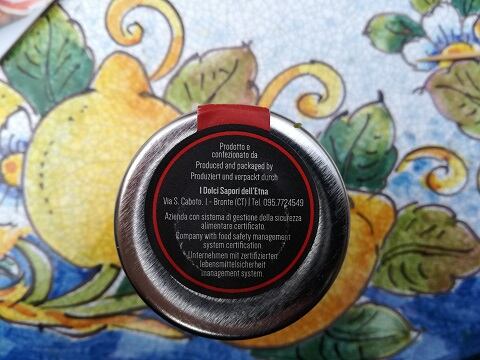In April, FoodNavigator revealed that the European Commission has repeatedly warned Italy its labelling laws, which require manufacturers to print the name and address where food and drink products are manufactured, is against EU law.
The Ministry of Agriculture, however, is insistent that the law is in force and Italian food firms should respect it or face fines of up to €18,000.
In a statement on the Ministry's website (that is dated 6th April but was in fact published in mid-May after documents revealing the Commission’s rejection were made public), deputy minister Andrea Olivero said: "We will continue to defend consumers with transparent choices on origin and establishment on the label because they are a fundamental tool for the protection of Made in Italy."
Aidepi, the association that represents Italy’s pasta, bakery and cereal manufacturers - a sector that is worth €19 billion in turnover - wants some clarity.
Its director Mario Piccialuti told Italian national Republicca earlier this month: “Our members have spent millions of euros changing the labels and today we find out that maybe it was all useless. For the moment we are waiting: we are explaining to companies that the Italian standard is in force and must be respected. And the new labels have now been printed."

New government, same policy?
Since elections in March, the populist and anti-establishment party, Five Star Movement (MS5), and far-right party The League have been engaged in negotiations to form a majority ruling party. They have now formed a ruling coalition and, according to a 39-page programme, will toe the same line as the previous government.
The document states: “Historically, the Italian government has been submissive and defeatist in Europe compared to the needs of the agricultural sector, often preferring to leave the field to European interests over national needs.”
“Our commitment to the future is to defend the food sovereignty of Italy and protect the excellence of Made in Italy,” reads the text. “We consider it a priority, in to protect Made in Italy, to adopt a labelling system correct and transparent guaranteeing greater consumer protection."
Although the leaders of both parties later issued a statement saying the programme was a draft that has since been “considerably modified” – clauses which outlined plans to leave the single currency and have the European Central Bank write off €250 billion of national debt had scared financial markets– the draft indicates a strong protectionist stance on agriculture and food.
Last resort

According to the Ministry of Agriculture, its consultations with the Commission are ongoing but food law expert and managing director of Hylobates Consulting Luca Bucchini doubts this.
A letter signed by commissioner for health and food safety Vytenis Andriukaitis and dated 30 January was clearcut: Italy's notification fell outside the scope of article 114(4), meaning it was “inadmissible”.
“The Commission will thus not examine the substance of the notification,” the Commission said.
The only way for Italy to contest this decision would be to take the issue to the European Court of Justice – but it would be required to repeal the legislation in the meantime.
Bucchini said he was aware of just one case in which a member state prevailed over the Commission regarding an article 114 proceeding. Back in 2003, Denmark wanted to set mandatory limits for nitrates and nitrites in food that, for safety reasons, were lower than the pan-EU levels.
Denmark eventually got its way – and this month the Commission gave it the green light to continue using these lower levels – but the Danish government played by the rules, repealing its legislation until the Court of Justice made its decision.
The issue of origin labelling may also carry less 'weight' in the eyes of EU lawmakers.
“In that case there was a clear case for saying that nitrates and nitrites may be harmful at permitted levels based on the precautionary principle. Italy's law is completely different,” said Bucchini.
In recent years Italy has also introduced legislation on country of origin labelling (COOL) for dairy products, wheat for pasta and rice and processed tomatoes and tomato-based products.
